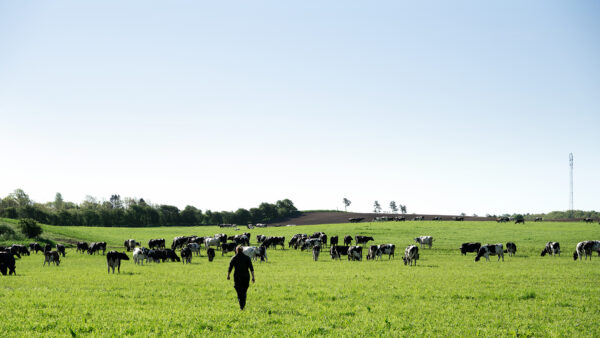… how the vast majority of Europarliamentarians from all denominations; Greens, Conservatives, Progressives, and everything in-between, could so intensely oppose patents on plants. Based on the IP-positions of Euroseeds and ISF, World Seed Europe clearly and eloquently explained last February, that “for people familiar with the matter, it is easy to debunk all the misrepresentations” in relation to this topic! So, is the Parliament filled to the brim with anti-IP idealogues? Has the European populace elected hundreds of followers of scary NGOs, out to destroy innovation and EU-businesses? Have zealous activists brainwashed the vast majority of MEPs? Or…?
Perhaps these MEPs realize that Intellectual Property Rights are a social contract whereby society allows the creation of temporary but artificial monopolies to reward inventors for their efforts and entice them to innovate further. Promoting such anti-competitive rules is highly irregular, as in all other aspects of business and trade there are strict regulation in place to prevent anti-competitive actions and to promote free trade. It would stand to reason that this exception to the rule warrants close monitoring of the cost-benefit ratio of the contract, and that adaptation of the rules would logically be made when the monopolies become too strong and the societal outcome insufficient.
It could be that these MEPs know that most plant breeders have successfully relied on Plant Variety Protection to get a return on their invention for the better part of a century now. This system has allowed EU plant breeders to invest on average some 15 per cent of their turnover in R&D, more than almost any other sector, and to become the most successful plant breeders in the world. So, is more margin needed? Indeed, 15 per cent is not possible for all crops; in others it goes up to 30 per cent. Is it the companies at the lower end of this scale that scream out for extra margin through additional protection? I do not see them! It appears that the most vocal proponents of patents are those active in the more profitable maize and major vegetable crops.
Furthermore, I wonder what percentage of patents are really profitable, taking into account the cost of navigating the patent system. Patents create significant legal and practical uncertainly for breeders; how to be sure whether one can use a plant as a parent without employing well-paid specialists? Patent claims rely heavily on interpretation and precise technical and legal jargon, and experiences in many sectors adds to the patent systems’ reputation of a ‘lawyers paradise.’
In general, we may need to show some sympathy to our MEPs who have a lot on their plate and cannot be expected to have a deep scientific understanding of all topics they deliberate on. I confess I too sometimes wonder about arguments that are presented in political discussions. However, when there is such overwhelming support across the isle for a more modest role of patent law in our sector, perhaps this should give us some reason to reflect. It is the easy way to indulge in our own righteous state of mind. But if you are faced by a significant unity against your world view, then it may be wise to redirect your antennas and to try to debunk your own deep-rooted beliefs and worldviews.
We are part of society and play a vital role in guaranteeing a basic need of human life for current and future generations. I would like to advocate for taking stakeholder value a bit more serious, even if there is some cost for short-term shareholder value. For a start, let us not call everything that goes against our beliefs “mis- or disinformation” and keep communication lines with society open.
*With significant linguistic support from Sjoerd Bijl













